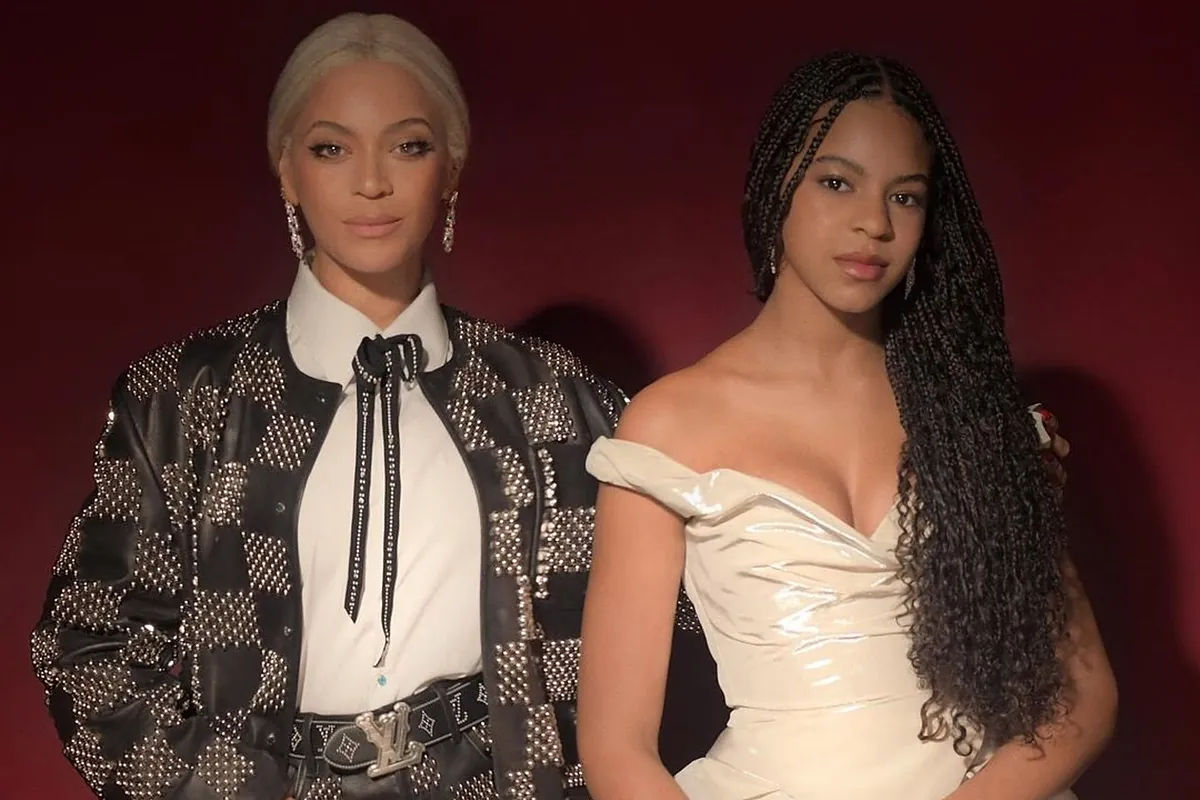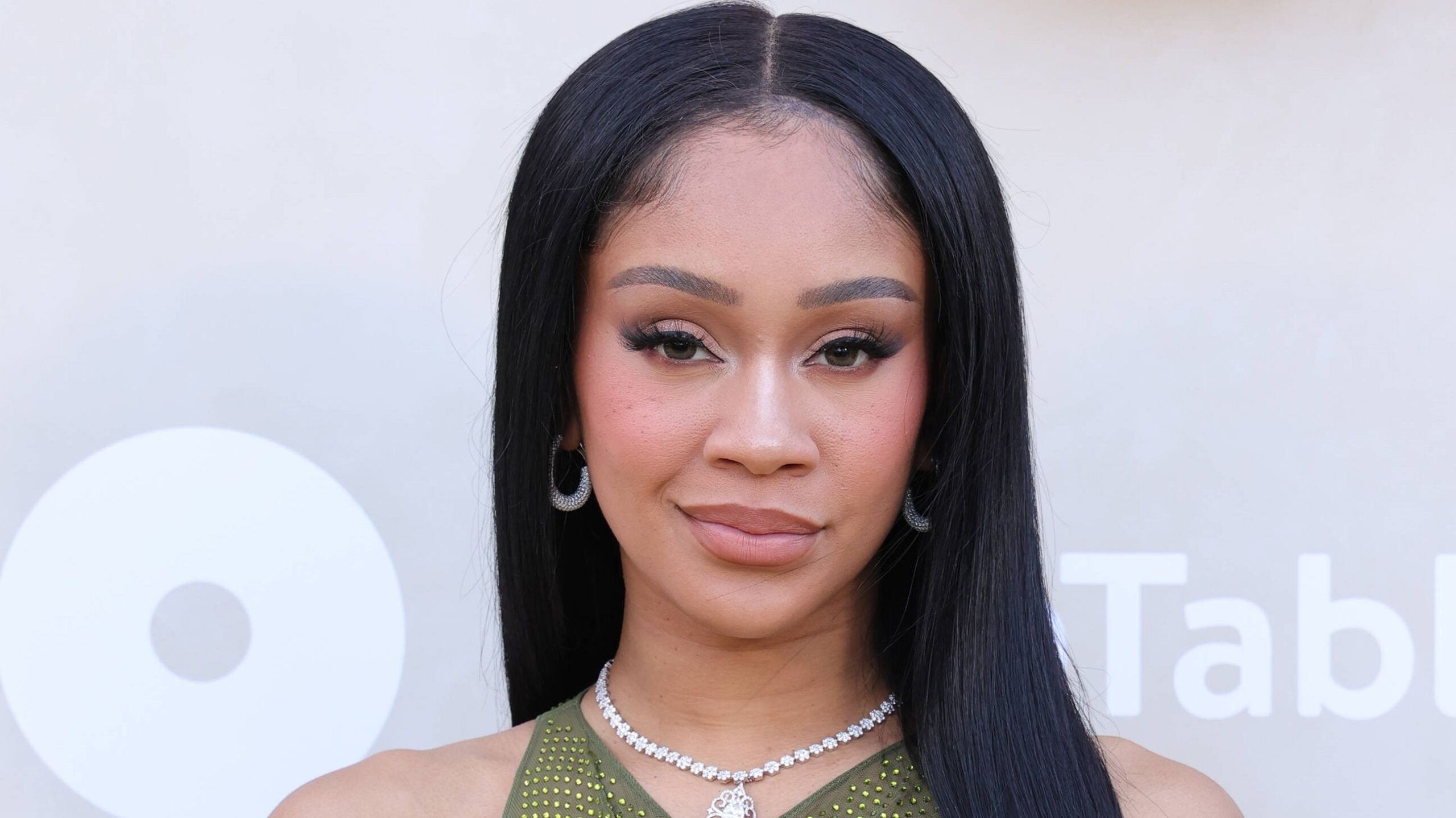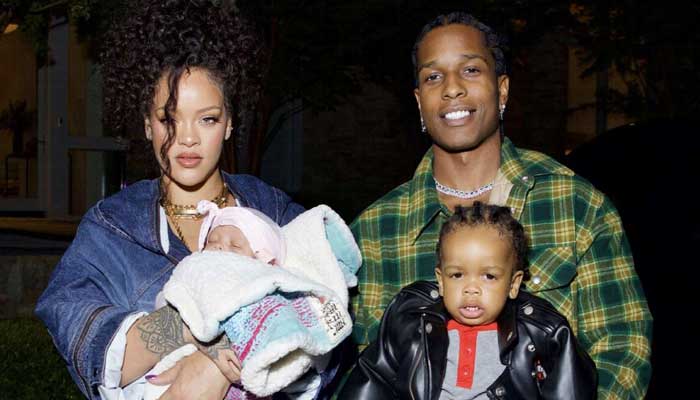Katt Williams Reacts to Blue Ivy Dancing On Stage At 13; Beyoncé A Bad mother

In the age of social media, every move celebrities make is scrutinized, dissected, and debated. But when the conversation shifts from stars themselves to their children, the stakes—and the emotions—rise even higher.
That’s exactly what happened this week after comedian Katt Williams made headline-grabbing remarks about the parenting style of none other than Beyoncé, the global music icon, and her daughter, Blue Ivy Carter.
Williams, never one to shy away from controversy, reportedly criticized Beyoncé for allowing Blue Ivy, at just 13 years old, to perform on stage during her mother’s world tour. His comments, which labeled Beyoncé a “bad mother” for putting her daughter in the spotlight instead of letting her enjoy a typical childhood, have ignited a fierce debate about fame, parenting, and the cost of growing up in the public eye.
Is Katt Williams simply speaking his mind, or is he tapping into a deeper anxiety about the pressures faced by celebrity children? Are his concerns valid, or is this another instance of a public figure overstepping boundaries? This article investigates the heart of the controversy, exploring the facts, the opinions, and the broader implications for how society views childhood, fame, and parental responsibility.
The Incident: Blue Ivy Takes the Stage
The catalyst for this debate was Blue Ivy Carter’s highly publicized appearance alongside her mother during the Renaissance World Tour. Night after night, Blue Ivy wowed audiences with her confident dance performances, matching step for step with seasoned professionals. Videos of her onstage quickly went viral, drawing praise from fans who admired her poise and talent at such a young age.
But not everyone was impressed. Katt Williams, known for his unfiltered comedic style and willingness to challenge the status quo, took aim at Beyoncé’s parenting during a recent interview. According to multiple reports, Williams questioned why a 13-year-old girl was performing for millions instead of spending time with friends, playing outside, or focusing on her studies.
He argued that children should be allowed to enjoy their youth away from the pressures of stardom, implying that Beyoncé’s decisions placed her daughter’s emotional wellbeing at risk.
“Beyoncé is a bad mother for letting Blue Ivy perform like that,” Williams allegedly stated. “That girl should be out living her childhood, not working on stage.”
:max_bytes(150000):strip_icc():focal(719x278:721x280)/Blue-Ivy-Beyonce-112623-01-421d0a0f8b0e4924b9fec7d41e28e578.jpg)
The Fallout: Social Media Erupts
It didn’t take long for Williams’ comments to set off a firestorm online. Hashtags like #LetBlueIvyBeAKid and #BeyoncéBadMother began trending, with social media users fiercely divided over the issue. Some sided with Williams, arguing that children of celebrities are often thrust into adult roles too soon, robbed of the innocence and freedom that should define their formative years.
Others defended Beyoncé, pointing out that Blue Ivy’s participation in the tour appeared voluntary and joyful. They noted that the young star was surrounded by family, had access to world-class education and support, and was likely benefiting from experiences that most children could only dream of.
The debate quickly expanded beyond Blue Ivy and Beyoncé, touching on broader questions about the responsibilities of celebrity parents, the dangers of overexposure, and the unique challenges faced by children raised in the limelight.
The History of Childhood Stardom
To understand the roots of this controversy, it’s important to consider the long and complicated history of childhood fame in America. From Shirley Temple and Michael Jackson to the Olsen twins and Billie Eilish, the entertainment industry is littered with stories of young stars who struggled to balance public expectations with private development.
Experts in child psychology have long warned about the potential dangers of early fame. Dr. Gail Saltz, a psychiatrist and author, explains, “Children who grow up in the public eye often face immense pressure to perform and behave a certain way. This can lead to anxiety, depression, and difficulties forming an identity separate from their public persona.”
Yet, not all child stars suffer negative consequences. Some, like Drew Barrymore and Natalie Portman, have spoken about the positive aspects of their early careers, crediting supportive families and careful management for their ability to thrive. The key, experts say, lies in the intentions and practices of the parents and guardians involved.

Beyoncé’s Parenting: Under the Microscope
Beyoncé has long been admired for her fiercely protective approach to motherhood. She and her husband, rapper and mogul Jay-Z, have gone to great lengths to shield their children from paparazzi and invasive media coverage. In interviews, Beyoncé has spoken about the importance of instilling confidence and self-worth in Blue Ivy, emphasizing that her daughter’s happiness and health come before career ambitions.
Supporters argue that Blue Ivy’s stage appearances are a reflection of her own interests and talents, not a case of parental overreach. They point to videos showing Blue Ivy beaming with pride, clearly enjoying the experience and the applause. “She’s not being forced,” wrote one fan on Twitter. “She’s being empowered.”
Still, Williams’ comments have struck a chord with those who worry about the impact of fame on children. “Just because she looks happy doesn’t mean she isn’t under pressure,” argued another commenter. “Kids need space to be kids, not mini-celebrities.”
Katt Williams: Speaking Truth or Out of Turn?
Katt Williams’ reputation as a provocateur is well established. Over the years, he has built a career on challenging societal norms and calling out what he sees as hypocrisy or injustice. But critics argue that his remarks about Beyoncé cross a line, venturing into personal territory without full knowledge of the family’s dynamics.
Some see his comments as a necessary check on celebrity culture, a reminder that even the most glamorous lives come with real risks and responsibilities. Others accuse Williams of overstepping, projecting his own biases onto a situation he can’t fully understand.
“Parenting is hard enough without strangers judging your every move,” wrote one entertainment columnist. “Unless you’re inside that family, you don’t know the whole story.”
The Broader Debate: Fame, Childhood, and Responsibility
:max_bytes(150000):strip_icc():focal(708x264:710x266)/Blue-Ivy-Beyonce-112623-02-8df1f085bb0e465c9fbd0fa758f6114b.jpg)
At its core, the controversy surrounding Blue Ivy’s performances and Katt Williams’ critique is about more than one family. It taps into a national conversation about what it means to raise children in the spotlight, and whether society is doing enough to protect the youngest members of the celebrity world.
Should children be shielded from fame, or is it reasonable for them to participate in their parents’ careers if they show interest and enthusiasm? Is there a difference between healthy encouragement and unhealthy pressure? And how can parents—famous or not—strike a balance between nurturing talent and preserving childhood?
Experts suggest that there are no easy answers. “Every child is different,” says Dr. Saltz. “What matters most is open communication, strong family support, and a willingness to put the child’s needs first, even if that means saying no to certain opportunities.”
Conclusion: Lessons Beyond the Headlines
As the debate over Blue Ivy’s stage appearances continues, it’s clear that the questions raised by Katt Williams’ remarks resonate far beyond the Carter family. In a world where the boundaries between private and public are increasingly blurred, parents everywhere face tough decisions about how much exposure is too much, and what it means to give their children the best possible start in life.
For Beyoncé, the scrutiny is nothing new. For Blue Ivy, it’s likely just the beginning. But for the rest of us, the story offers a chance to reflect on our own values: about childhood, ambition, and the responsibilities we all share in shaping the next generation.
Is Katt Williams right to question the choices of a superstar mom? Or is this just another case of celebrity commentary gone too far? In the end, perhaps the most important voices belong not to the critics or the fans, but to the children themselves.



